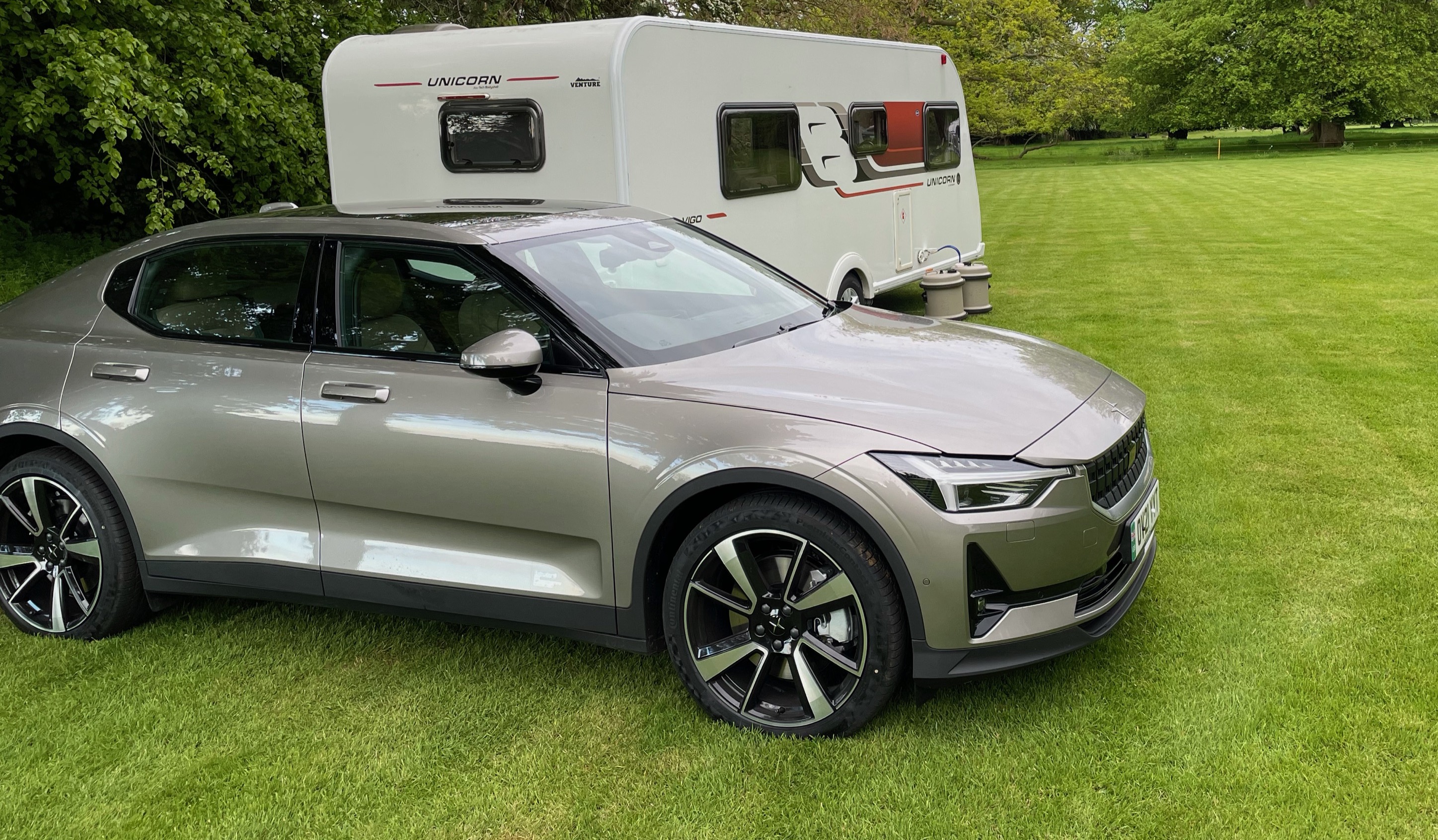ChocolateTrees replied on 12/04/2021 16:35
Posted on 12/04/2021 16:35
Hi all,
as a PHEV and EV driver, I am really please to see the introduction of a cost structure and policy for PHEV and EV charging on site, but I am somewhat confused by the cost structure.
While I understand the desire to ensure that full battery EVs do not "overuse" the service, the 4x cost seems somewhat odd given the constraint that any EV only be charged using the caravan supply at 2.3Kw (10amp).
In my experience charging my PHEV, realistically a charger has to be turned down to 8A or 6A in order to share the power available with other caravan systems (heating, kettle, microwave, cooker). This means that for a relatively small PHEV battery (11Kwh) a full charge takes 8 hours. Given there are only 24 hours in the day this would give a maximum realistic charge of 33Kwh, about the same as the largest battery quoted in the policy in a PHEV vehicle.
If charging from a dedicated 16A socket on a power bollard were allowed, this would potentially increase the rate and hence value of the electricity consumed, making the difference in price for BEV and PHEV understandable. It would also make the use of a BEV as a tow vehicle far more viable, not requiring the member to have to find a charging location for the vehicle in what may be a remote location.
I would love to know other members thoughts on the topic :-)
Tobes






ChocolateTrees
Caravanner from Northamptonshire